Government to help SMEs get digitally equipped in Thailand

The Ministry of Commerce is providing assistance to SMEs to be digitally equipped to get through the pandemic.
No proof of vaccination during recruitment in Taiwan
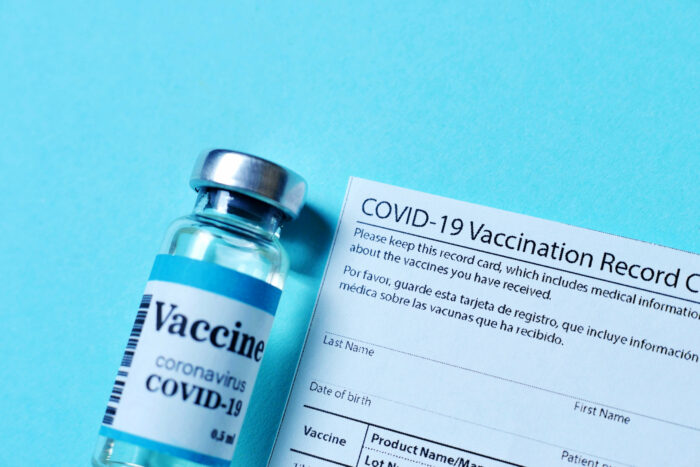
The Workforce Development Agency (WDA) has stated that employers are not allowed to ask potential hires for proof of COVID vaccination.
Job task force in the Philippines attracts participation interest

Business groups and unions have said they wish to contribute to the formation of the government’s employment recovery plan.
Aid for businesses take precedent over minimum wage: Taiwan minister
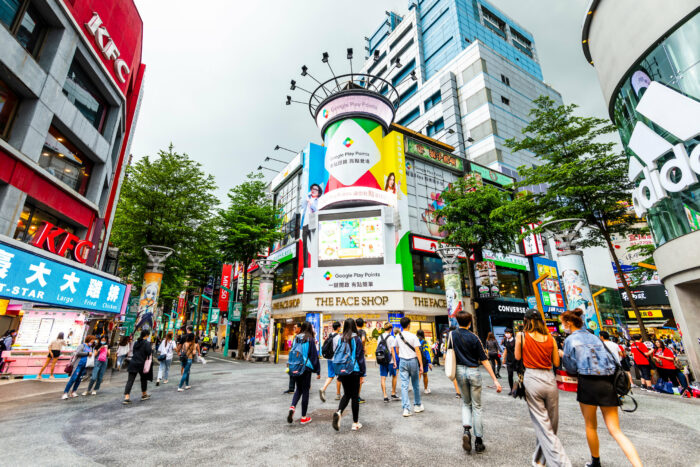
Taiwan is deliberating on the minimum wage for 2022, even as some businesses continue to struggle financially because of the pandemic.
Factory owners in Malaysia urged to set up workplace vaccination centres
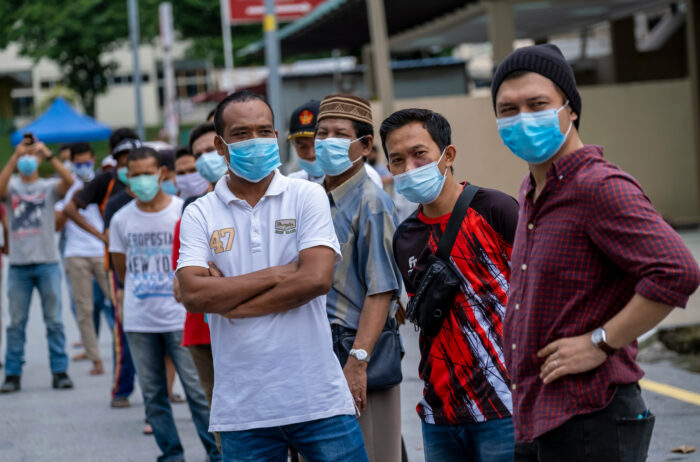
Factory owners who employ foreign workers have been advised to set up their own vaccination centres (PPVs) at their work premises.
New Zealand accountants urge for WFH tax policy

Chartered accountants in the country are calling for tax laws to be passed as working from home becomes the new norm.
Thailand to boost employment through Eastern Economic Corridor
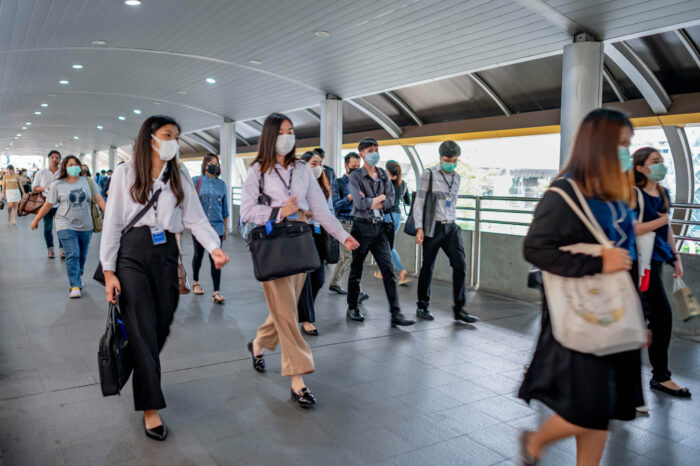
The Labour Ministry is aiming to create almost 400,000 jobs in the country’s Eastern Economic Corridor (EEC) within the next five years.
Singapore’s fair employment guidelines to become law

The current guidelines on anti-discrimination at workplaces will be “enshrined” into law, giving the fair employment watchdog more teeth.
Protection for persons who administer vaccination in Australia

A compensation scheme has been launched to protect employers and medical professionals who carry out COVID-19 vaccinations.
Indonesia launches more community-based vocational training centres
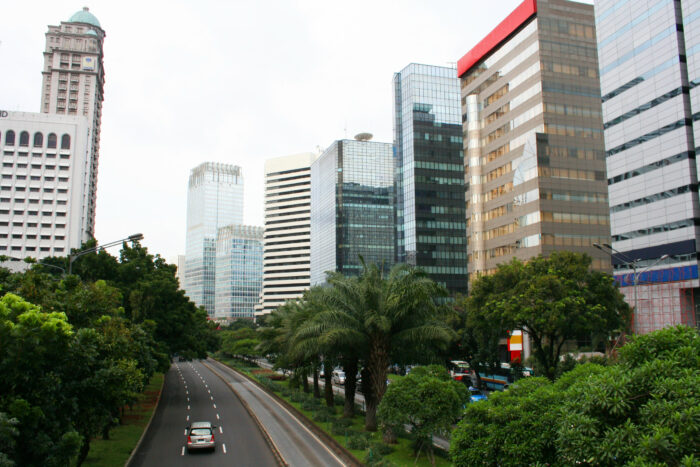
Stage 1 of the community-based vocational training center (BLK) has been launched to improve the competency of the country’s human resources.
New contracts in New Zealand can include vaccination requirement

Workplace relations minister has confirmed that COVID-19 vaccination requirements can be written into new employment agreements.
37% of 24,042 companies in Japan breached overtime laws

The Ministry of Health, Labour and Welfare found that 37% of 24,042 businesses investigated have violated overtime laws.
Big employers in New Zealand not applying for wage subsidy
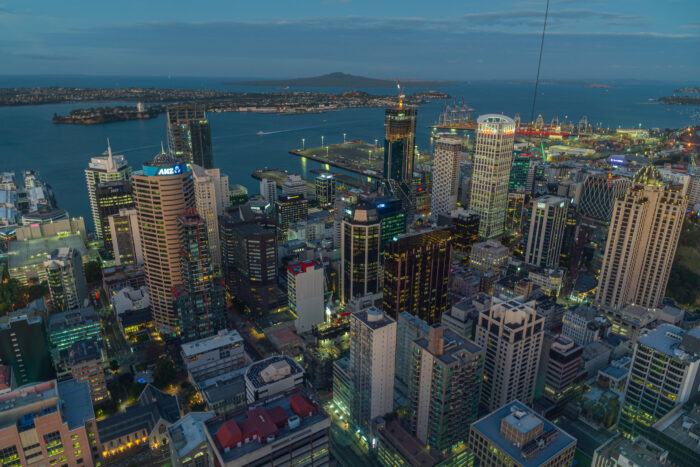
Big businesses are conspicuously absent from applying for the latest wage subsidy scheme pushed out by the government.
Bill to protect freelancers in the Philippines fast tracked for approval

Senator Joel Villanueva is pushing for a quick approval of a bill to protect freelancers against abuse and exploitation.
Over 47,000 businesses apply for wage subsidies in New Zealand
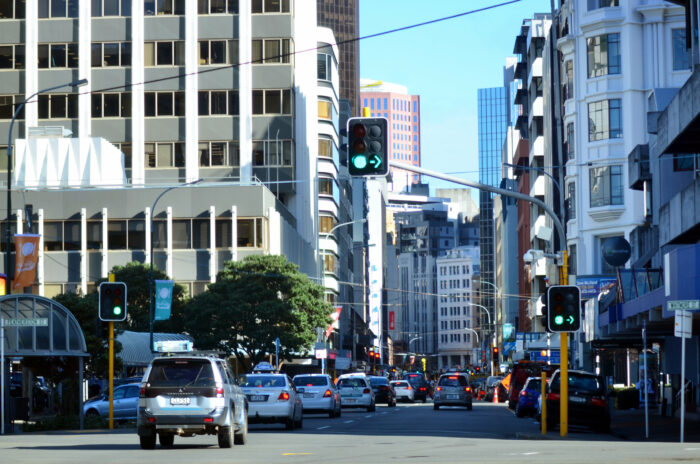
Revenues have dropped for many businesses as the country goes into Level 4 lockdown mode in response to a Delta variant outbreak of COVID-19.
Thailand launches “Factory Sandbox” to protect 3 million jobs

The pilot programme aims to limit COVID-related disruptions to the country’s export-driven manufacturing sector.
Income gap widens in Taiwan due to pandemic

Income inequality in 2020 was the highest in eight years, with the top 20% of households earning 6.13 times that of the bottom 20%.
150 occupations facing shortage of workers in Australia

The employment minister has said there are more than 150 occupations facing skill shortages across a range of sectors in the country.
Malaysian businesses urged to comply with COVID-19 SOPs

As some sectors of the economy reopen, The Small and Medium Enterprises Association of Malaysia reminds businesses to comply with existing SOPs.
Australia’s annual average full-time wage hits A$90,000

The country’s average annual salary breached the A$90,000 (US$64,191) mark for the first time, according to Australian Bureau of Statistics (ABS).
Singapore reviews advisory for workers’ vaccination

COVID-19 vaccination guidelines that allow employers to make vaccination mandatory for workers in high-risk settings are being reviewed.
Australia’s unemployment rate falls to 4.6% in July

The country’s unemployment rate fell 0.3 percentage points to 4.6% in July month-on-month even amid the lockdown in greater Sydney.
Vaccine mandates in Australia should be decided by employers

Unions and employer groups have generally taken the stance in line with that of the government on vaccine mandates.
Indonesia launches model to boost regional-based jobs

Indonesia has officially launched a pilot project model to expand regional-based employment opportunities in five regions across Indonesia.
New Zealand reinstates wage subsidy amid lockdown

As the country raises its COVID-19 alert to level 4, the government is planning to reinstate the wage subsidy.
Indonesia to focus on jobs creation: President Joko Widodo
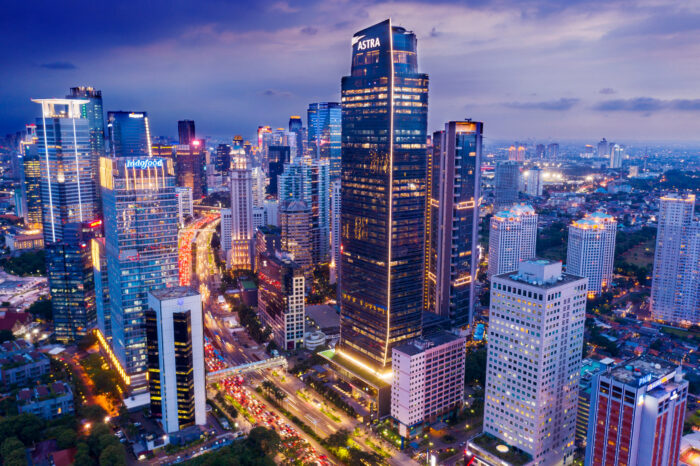
The government’s current priority is to create as many new and quality jobs as possible to build a sustainable economy.
Malaysia mandates fortnightly COVID-19 tests for workers

Employees who need to be present at workplaces must undergo fortnightly RTK Antigen tests approved by the health ministry.
Public employees in Japan to get paid leave for fertility treatment

From next January, public employees will be granted up to 10 days of paid leave for fertility treatments. as Japan tries to addressing a falling birth rate.
Australia proposes four-tier system for vaccination

The Fair Work Ombudsman (FWO) has proposed a system to determine whether mandatory vaccination for employees would be considered reasonable.
More legal safeguards for freelancers in Japan

The government is planning to require more companies to provide written contracts when they hire freelancers.

